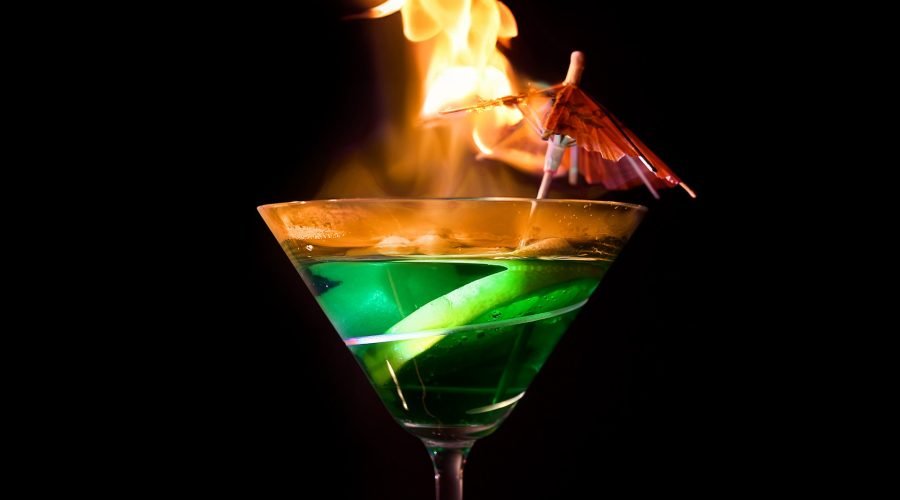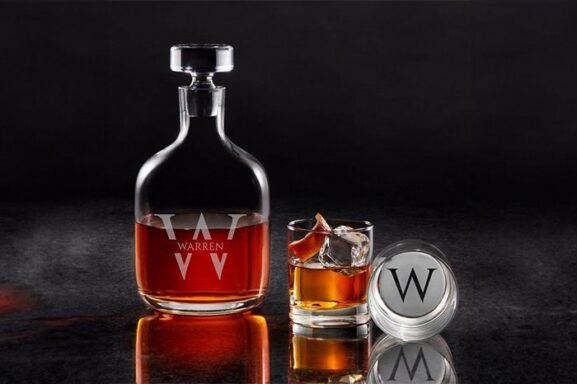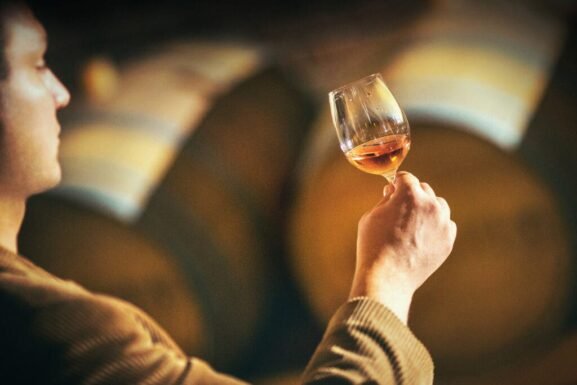Flaming Cocktails, Indigenous Representation and Metal: Doommersive Is Decolonizing Tiki Culture
Like all good slightly satanic origin stories, Doommersive (formerly Doom Tiki) started with a response to a prayer. Doom Tiki was the original name of my company, which throws cocktail pop-ups with purpose—a wish for transformation that began in an act of healing brought about by anger. In June 2019, I was a brand ambassador for Thomas Henry mixers and I found myself in Wildwood, New Jersey, for Tiki by the Sea: a trade-focused educational and immersive cultural experience into the “culture,” spirits and drinks of the tiki era. I was able to sit in on one of the seminars and the speaker chose to start with a “tiki prayer.” Something in me snapped.
I’m from California in the truest sense of the word. That means going to theme parks and seeing surreal recreations of your ancestral lands. It’s indescribably weird. So is being shown as a fourth grader the model buildings of the Spanish Missions that enslaved your family. The discomfort in these spaces and the overlooking of so many problematic realities unspoken long made me see red. But at Tiki by the Sea, it all bubbled up. Could I refocus my anger? Do something that would be a balm for my soul and open the eyes of those around me? So, with the help of Austin Hartman, Sam Gauthier and Mariah Kunkel, the first Doom Tiki was launched in 2019 at Paradise Lounge, New York City.
You May Also Like: 8 Bucket-List Drinks Spots Around the World
The concept was simple: Lead by example. Replace stolen icons and idols with satanic imagery. Replace exotica music with doom metal. We raised money for communities grappling with colonization and created a new model. It struck a chord and slowly, as the events of 2020 reshaped countless conversations, more voices joined. An all-too-long-incoming outrage at appropriation swept the world—and pulled the old tiki “gods” with it. By the time infamous Londoner and former tiki fan Gergő Muráth married me and took me to England, my work had been chronicled in The New York Times and enraged wags at Fox News. With the help of noted distiller Maggie Campbell, we were being heard, and more importantly, so were the communities affected by tiki. The plan was always to change the name from Doom Tiki to something else, but at first the blunt name connected with all the old associations to peel them away. Eventually, we settled on Doommersive— for capturing both immersive and subversive and being doom metal heavy.
Despite a long COVID diagnosis that limited my ability to bartend, with Muráth by my side, we were able to relaunch and renamed shortly after making a splash at Trailer Happiness, a world-famous rum and cocktail destination in London. Having a partner showed me I could still make an impact without long hours of shaking and mixing and pushed me to keep working and healing; so, when Steva Casey from Tiki by the Sea approached me to talk about a bigger perspective, I agreed.
You May Also Like: As More Drinkers Ditch Booze, Non-Alcoholic Bars Offer Essential Social Spaces
I treasured (and still do) the opportunity to share what these collaborations have taught me and what it took for this Indigenous-led takeover series to even exist. Most importantly I found community, my first Indigenous mentee and some lifelong friends doing these talks. Being able to update my list of examples of cultural empowerment and reclamation each year is why I fly home. Just give me flaming cocktails and the opening chords to “Empress Rising” by Monolord, and I’m happy to take you on that journey.
This article originally appeared in the Winter 2024 issue of Wine Enthusiast magazine. Click here to subscribe today!
Bring the World of Wine to Your Doorstep
Subscribe to Wine Enthusiast Magazine now and get 1 year for $70 $29.99.
Published: March 15, 2024
Like what you’re reading? Learn more about:


